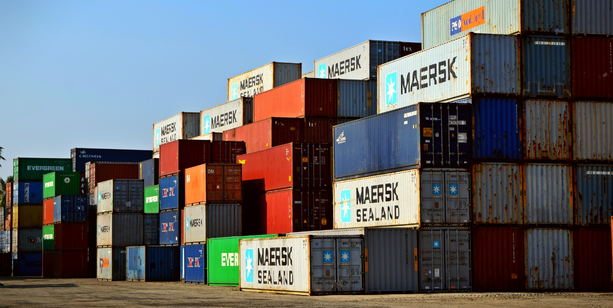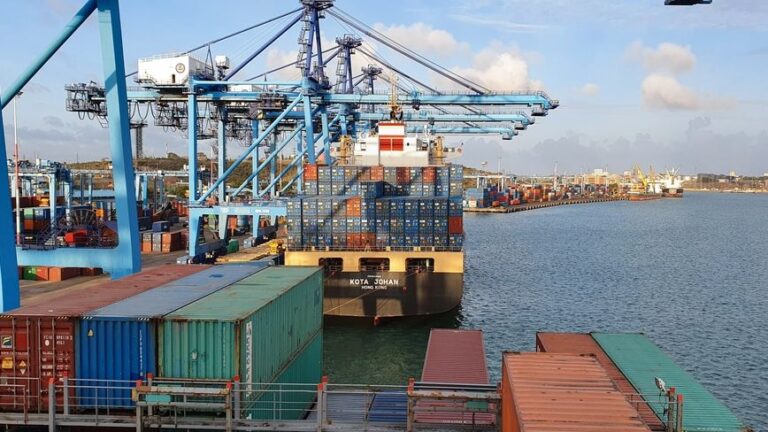MOB: (256 )772 425 919 / (256) 757 151 172 / (256) 779 080 2509 EMAIL: Info@jafferfreighters.com
Understanding Customs Clearing: A Crucial Part of Global Trade

Customs clearing is an essential process in international trade, ensuring that goods move smoothly across borders while complying with all legal and regulatory requirements. It involves a series of steps that help facilitate the import and export of goods while ensuring that governments receive the necessary duties, taxes, and compliance with safety and security standards. This article explores the concept of customs clearing, the role of customs brokers, and its importance in global trade.The Customs Clearing Process
The customs clearing process involves several stages that must be carefully managed to avoid delays, fines, or legal issues. Here are the basic steps involved:
- Arrival of Goods at the Port: Once goods arrive at the destination port or airport, they must be cleared by customs before being released for further transportation.
- Submission of Documentation: The importer or their customs broker submits the necessary documents to customs authorities. These documents may include invoices, bills of lading, certificates of origin, and any other relevant trade documents.
- Customs Declaration: The goods are declared to customs authorities, providing them with detailed information about the cargo, such as the nature of the goods, their value, and origin.
- Examination and Inspection: Customs officials may inspect the goods to ensure they match the documentation, comply with regulations, and pose no risk to public health or safety.
- Payment of Duties and Taxes: If applicable, the importer must pay any required import duties, taxes, and fees before the goods are cleared.
- Release of Goods: Once customs clearance is complete and all obligations are fulfilled, the goods are released and can be transported to their final destination.
Importance of Customs Clearing in Global Trade
Revenue Generation for Governments: Customs duties and taxes are an important source of revenue for governments. Customs clearing ensures that these funds are collected and helps maintain the economic health of a country.
Compliance with Regulations: Customs clearing ensures that goods meet the regulatory standards of the importing or exporting country. This helps protect consumers, businesses, and governments by preventing the entry of substandard, counterfeit, or dangerous products.
Avoiding Delays and Penalties: Proper customs clearing helps avoid unnecessary delays, fines, and penalties. Incorrect or incomplete documentation, misclassification of goods, or failure to pay the correct duties can result in costly delays and complications.
Facilitating Trade: Effective customs clearing systems streamline international trade by making cross-border shipping more predictable and efficient. They help businesses navigate the complexities of global commerce and foster smoother transactions between countries.


